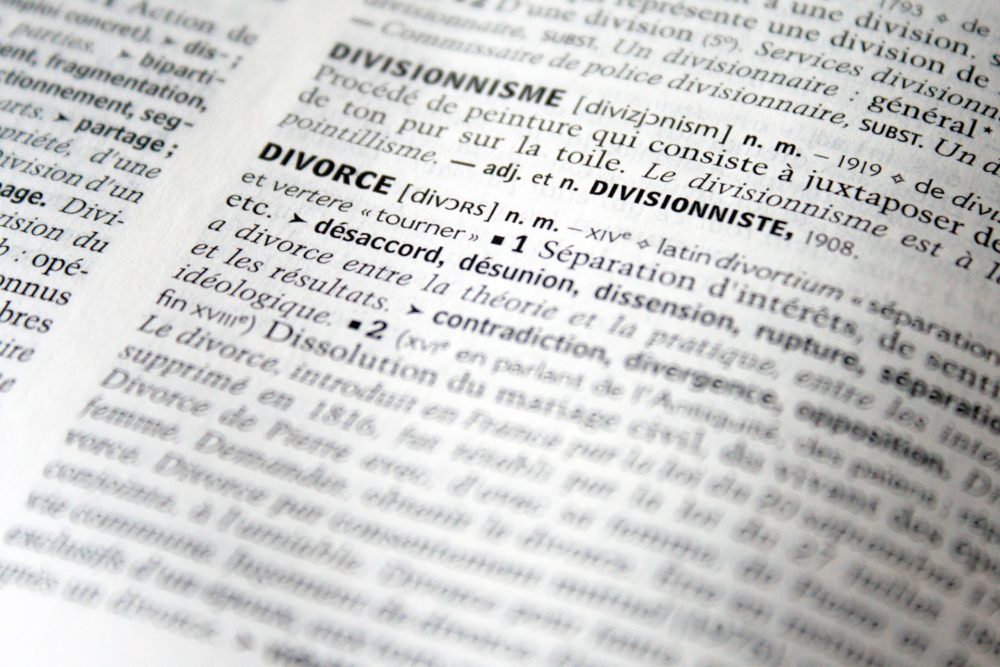Divorce proceedings can often be a difficult and emotionally exhausting process. It requires a great deal of patience and decision making abilities in order to determine the necessary arrangements for a divorce. These proceedings may vary depending on if spouses are able to come to an agreement on their marital issues. Different types of divorce make it possible for couples to work through these matters in a way that suits their personal situation. In the state of New York, there are two main types of divorce: contested divorce and uncontested divorce. If you are going through a divorce, an experienced attorney can guide you through the proceedings.
Contested Divorce
When both spouses cannot come to an agreement on their marital issues, it is known as a contested divorce. In this situation, neither spouse signs an agreement on their terms of separation, leaving these matters unsolved. When this happens, a judge takes over and makes the decisions to resolve the couple’s disagreements. This may include decisions regarding child support, custody, the division of assets, and alimony.
In a contested divorce, a spouse is able to cite either “fault” or “no-fault” grounds. When no-fault grounds is cited, it means neither spouse holds the other responsible for the end of their marriage. This allows the proceedings to begin. When a spouse cites fault grounds, it means they are holding the other spouse responsible for the divorce. This may be due to one of the following situations:
- Adultery
- Abandonment
- Cruel and inhuman treatment
- Imprisonment for 3 years or more in a row
Uncontested Divorce
An uncontested divorce occurs when both spouses believe their marriage cannot be fixed and agree to the terms of their divorce. This is also known as an “Irretrievable Breakdown of Marriage.” In the event of this, a couple must resolve all marital issues. This pertains to matters such as alimony, child custody and support, parenting time, division of assets, and any payment of debts.
When spouses go through an uncontested divorce, they can choose a method of divorce instead of litigation. This may include mediation, arbitration, or collaborative divorce. These processes are voluntary, although they are usually beneficial for all parties involved in the divorce.
Contact our Firm
If you or someone you know is going through a divorce and wishes to seek legal counsel, contact The Law Offices of Susan A. Kassel, P.C. today.
Matters of divorce and family law should be navigated with the guidance of an experienced attorney. If you need strong legal representation regarding matters of divorce, family law, and estate law, contact the Law Offices of Susan A. Kassel, P.C. to schedule a consultation today.




